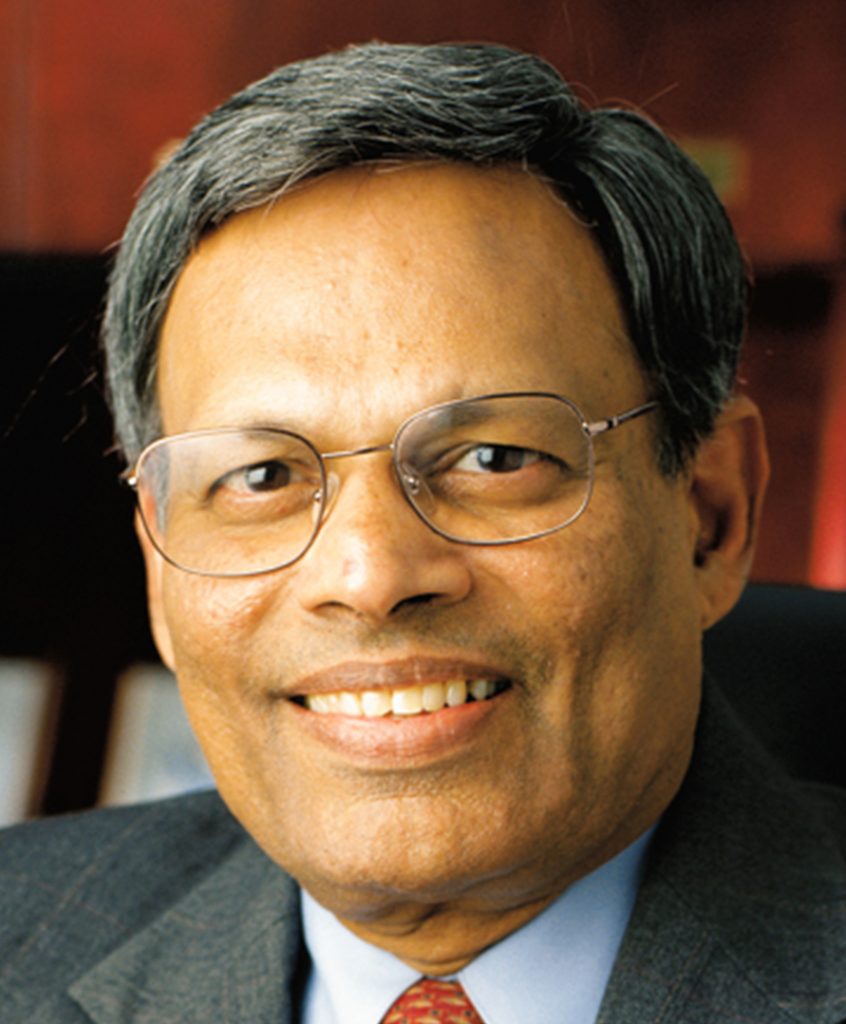 When you think a retraction notice doesn’t tell the whole story, what should you do?
When you think a retraction notice doesn’t tell the whole story, what should you do?
For one group of researchers who’ve been closely following how journals handle the work associated with a bone researcher found guilty of misconduct, the actions of one publication were too problematic to let go.
So the researchers wrote to the journal about their concerns, stating a recent retraction notice for a meta-analysis “oversimplifies a complex situation and might be misinterpreted by readers.” And the journal recently published their concerns in a letter to the editor.
The retracted paper is co-authored by researchers who used to collaborate with Yoshihiro Sato, a now-deceased bone researcher who has accrued dozens of retractions. The retraction, issued earlier this year by Acta Neurologica Scandinavica, notes that the meta-analysis cited research by Sato that was “extensively duplicated,” and includes a statement from the first author of the retracted paper, Jun Iwamoto, stating that he was an “honorary author of Sato’s papers,” and played no role in Sato’s scientific misconduct.
That’s not good enough, according to Andrew Grey of the University of Auckland, who co-authored the recent letter in Acta Neurologica Scandinavica. Grey tells Retraction Watch the letter was prompted by:
Continue reading Dear editor: Your retraction notice stinks
 Before we present this week’s Weekend Reads, a question: Do you enjoy our weekly roundup? If so, we could really use your help. Would you consider a tax-deductible donation to support Weekend Reads, and our daily work? Thanks in advance.
Before we present this week’s Weekend Reads, a question: Do you enjoy our weekly roundup? If so, we could really use your help. Would you consider a tax-deductible donation to support Weekend Reads, and our daily work? Thanks in advance.
 When you think a retraction notice doesn’t tell the whole story, what should you do?
When you think a retraction notice doesn’t tell the whole story, what should you do?



 A professor specializing in the health of children and pregnant women has left her post at the University of Glasgow, and issued three retractions in recent months.
A professor specializing in the health of children and pregnant women has left her post at the University of Glasgow, and issued three retractions in recent months. This one gave us pause: A journal recently removed a 1992 paper, providing only a terse explanation — “The above article has been removed at the author’s request.”
This one gave us pause: A journal recently removed a 1992 paper, providing only a terse explanation — “The above article has been removed at the author’s request.”